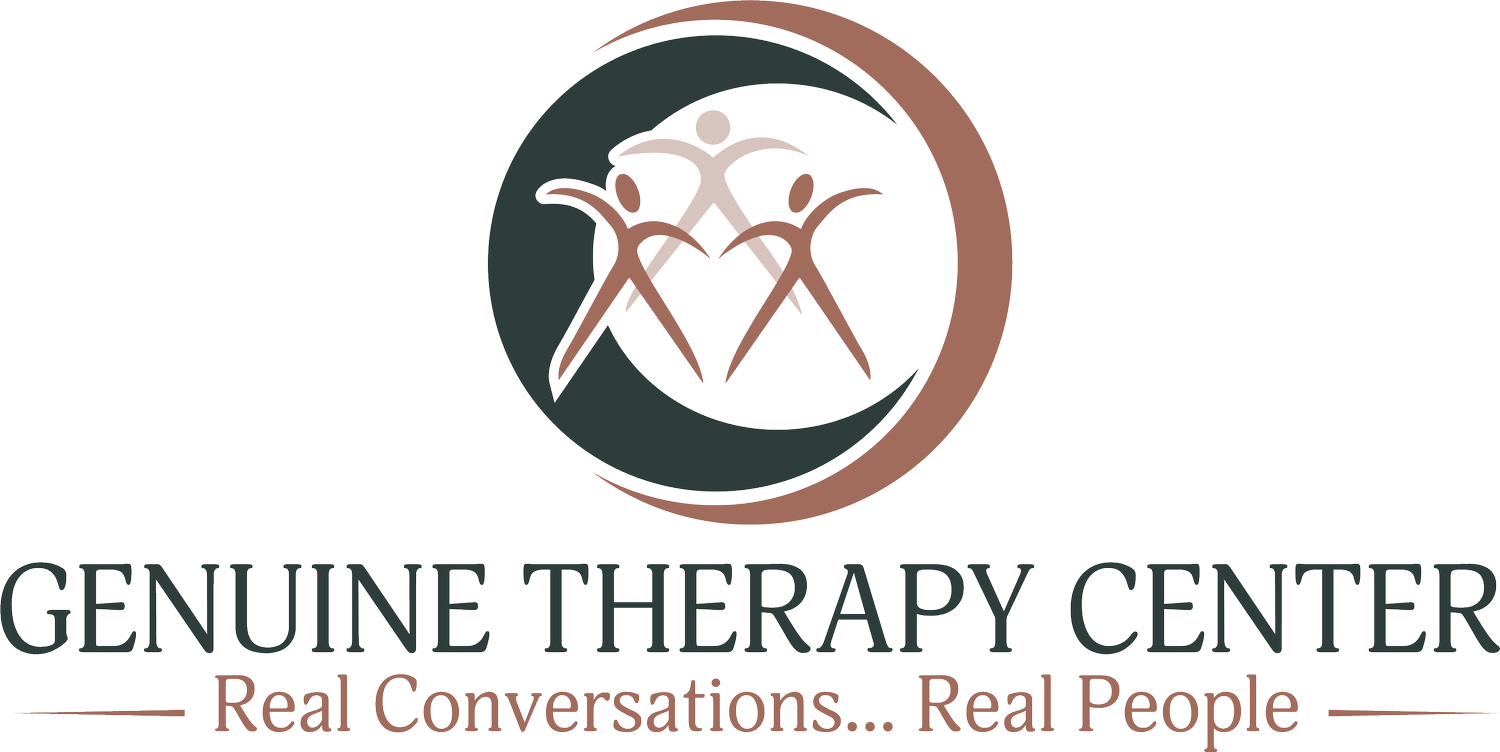Frequently asked questions
What is Marriage and Family Therapy?
Marriage and Family Therapy (MFT) is a type of psychotherapy that focuses on improving communication and resolving conflicts within couples and families. It aims to strengthen relationships and address issues such as depression, anxiety, substance abuse, and other mental health conditions that may affect the family unit as a whole. MFTs take a holistic approach to therapy and focus on the interrelatedness of individuals within their family and social contexts.
Who are Marriage and Family Therapists?
Marriage and Family Therapists (MFTs) are mental health professionals trained to diagnose and treat a variety of emotional and psychological issues within the context of relationships. They work with individuals, couples, and families to address a range of issues, including marital conflict, communication problems, parenting difficulties, and mental health disorders. MFTs focus on the interconnectedness of relationships and how they influence mental health.
Why use a Marriage and Family Therapist?
There are several reasons why someone might choose to work with a Marriage and Family Therapist. For starters, MFTs are trained to work with multiple people in a therapeutic setting, which makes them particularly effective at addressing relationship issues. They are skilled at helping individuals, couples, and families communicate effectively, resolve conflicts, and manage difficult emotions. Additionally, MFTs are trained to diagnose and treat mental health disorders, which means they can provide effective treatment for a wide range of issues.
What are the qualifications for a Marriage and Family Therapist?
To become a Marriage and Family Therapist, an individual must first earn a master’s degree in Marriage and Family Therapy or a related field. They must then complete a certain number of clinical hours under the supervision of a licensed MFT, and pass a licensing exam. Additionally, MFTs must adhere to a strict code of ethics and participate in ongoing continuing education to maintain their license. It is also common for MFTs to hold certifications in specific areas of expertise, such as sex therapy or trauma therapy.
What are the qualifications for a Licensed Professional Clinical Counselor?
An LPCC therapist, also known as a Licensed Professional Clinical Counselor, must meet specific qualifications to practice. They must hold a master's degree in counseling or a related field and complete a certain number of supervised clinical hours, depending on the state. They also need to pass a national exam and meet other requirements, such as continuing education credits, to maintain their license. LPCC therapists provide mental health services to individuals, couples, and families, focusing on a wide range of issues, including anxiety, depression, addiction, and trauma. They may work in a variety of settings, including private practice, mental health clinics, hospitals, and schools.
What types of problems does Genuine Therapy Center work with?
Genuine Therapy Center (GTC) works with a wide variety of issues affecting people’s lives, including depression, anxiety, oppositional behavior, parenting struggles, relationship struggles, fidelity, communication, premarital or marriage preparation, school issues, blended families, acculturation struggles, ‘coming out’ (LGBTQ+) family conflicts, and more. Similarly, MFTs & LPCCs work with a wide range of problems that affect the mental health and well-being of individuals, couples, and families. These problems can include but are not limited to communication difficulties, conflict resolution, infidelity, grief and loss, depression, anxiety, addiction, trauma, and parenting issues.
What areas does GTC serve?
Genuine Therapy Center (GTC) serves various cities in Minnesota, including Anoka, Coon Rapids, Elk River, Ramsey, Champlin, Brooklyn Park, East Bethel, Andover, Oak Grove, Ham Lake, Blaine, Spring Lake Park, Moundsview, Maple Grove, St. Francis, Osseo, Cambridge, Isanti, Linwood, Forest Lake, Rogers, Becker, Circle Pines, Lino Lakes, and Zimmerman.
Who is GTC’s ideal client?
GTC’s ideal client is someone who is genuinely willing to change their lives, whether an individual, couple, or family. GTC believes that therapy is for anyone, but those who benefit the most from therapy are the ones who are seeking change and are willing to work for it. For MFTs, the ideal client is someone who is willing to improve their relationships and communication within their family unit. MFTs can work with couples, families, and individuals of all ages and backgrounds who are experiencing a wide range of issues.
How long does therapy usually last?
At GTC, therapy usually begins with an initial interview, which may result in a diagnostic assessment that may last one to three sessions, depending on insurance needs. During this time, both the therapist and the client can decide whether the therapist is the best person to provide the services that the client needs to meet their treatment objectives. If psychotherapy is initiated, the therapist usually schedules one 45-minute (one appointment hour lasts 45 minutes) at a mutually agreed-upon time and frequency. The length of therapy can vary depending on the specific needs and goals of the client. Some clients may see improvement in a few sessions, while others may require more long-term therapy.
How is therapy paid for?
Therapy at GTC is typically covered by most major insurance carriers, including Blue Cross Blue Shield, Health Partners, United Health Care, Medica, all UBH network insurances, Preferred One, Ucare, all BHP network insurances, and Medical Assistance. GTC is also able to see clients with other insurances as long as they have ‘Out of Network Benefits.’ For those who do not carry insurance or whose insurance does not cover mental health services, GTC offers a sliding fee scale. Similarly, MFTs can be paid for through various means, including private pay, health insurance, employee assistance programs (EAPs), and sliding scale fees based on income.
